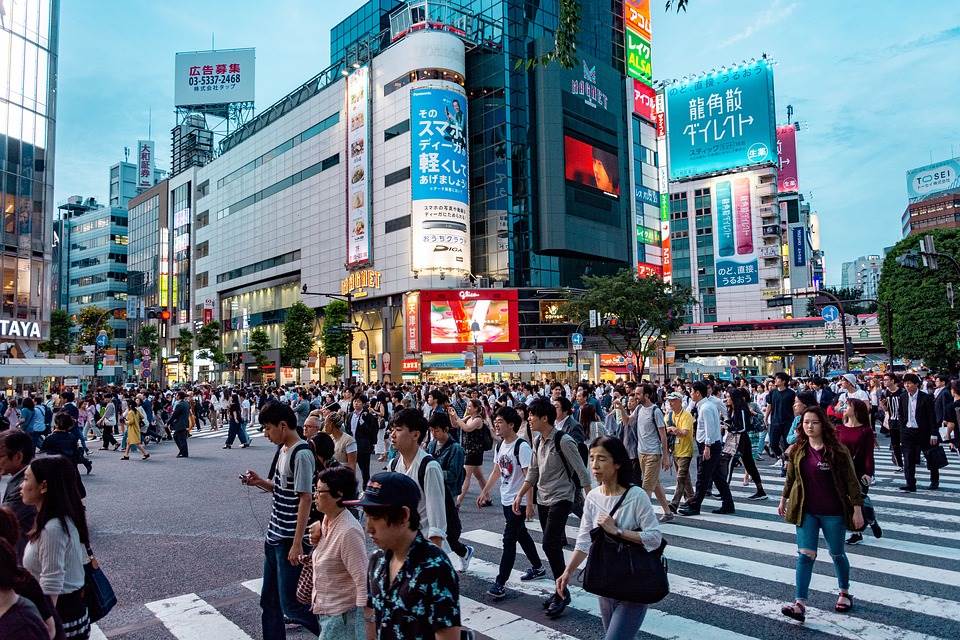 Japan's sales tax was approved to rise to 10% from 8% starting on Tuesday, amid fears that these long-delayed measures could derail the fragile growth path of the world's third largest economy. Adequate measures were taken to mitigate the effects of the rise after previous tax increases - an increase of two points to 5% in 1997 and another to 8% in 2014 - which led to the recession, officials said.
Japan's sales tax was approved to rise to 10% from 8% starting on Tuesday, amid fears that these long-delayed measures could derail the fragile growth path of the world's third largest economy. Adequate measures were taken to mitigate the effects of the rise after previous tax increases - an increase of two points to 5% in 1997 and another to 8% in 2014 - which led to the recession, officials said.
Japanese Prime Minister Shinzo Abe has postponed the increase twice but said it is inevitable given the rising costs of elderly care and rising national debt as the population ages. After decades of fiscal deficits that have pushed debt more than double the size of the economy, Abe has promised to rebalance by 2025, but that will require continued growth at a healthy pace.
The sales tax hike coincided with data showing that business sentiment among major manufacturers was getting worse and in September reached its worst level since 2013. The result was better than expected, but expectations are expected to deteriorate further through the December quarterly report from a Bank of Japan survey, called "Tankan."
Other data released this week showed industrial production fell in August, while the unemployment rate remained at a 26-year low of 2.2%. Japan's economy grew at an annual pace of 1.8 percent in April and June, faster than expected. But slower exports and higher oil prices are expected to slow growth in the coming months.
The sales tax hike covers most goods and services, from clothing and electronics to transport and medicine, but the government has sought to mitigate its effects through tax breaks for home and car purchases. It also kept the tax on groceries unchanged for low-income families and provided free education to families.
Analysts say raising taxes poses a recessionary risk at a time of growing uncertainty over trade tensions between the United States and China. Raising taxes would impose an estimated additional burden on households of more than 2 trillion yen ($ 18 billion).
